9:30am
Q-College
Suite 303 771 Vernon Ave, Victoria, BC
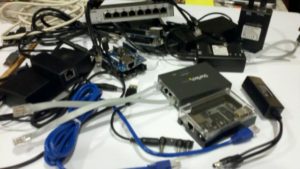 Discover the advantages of Power of Ethernet (PoE)! PoE is a technology that allows one to only run one cable to a distant device, just an ethernet cable. The distant device not only receives network connectivity, but also power from the single cable. This is good for small low power devices such as ESP8266 (embedded controller) boards. Hosted by Mark G. RSVP on Meetup here.
Discover the advantages of Power of Ethernet (PoE)! PoE is a technology that allows one to only run one cable to a distant device, just an ethernet cable. The distant device not only receives network connectivity, but also power from the single cable. This is good for small low power devices such as ESP8266 (embedded controller) boards. Hosted by Mark G. RSVP on Meetup here.
Here is a link to the presentation pdf.
What are two things that an Internet of Things (IoT) device
must have?
1. An avenue for communication.
2. Power.
There are a number of ways to satisfy both of these requirements
simultaneously. Item one can be fulfilled with:
– Wireless ethernet;
– Wired ethernet;
– Another radio based data exchange (nRF24L01 transceivers, Bluetooth)
to a network attached controller;
– 2G/3G (and friends) cellular connections;
I’m sure there are others.
Power can be handled variously by:
– A device specific transformer using a wall plug;
– A battery or set of batteries;
– A solar power panel w/battery;
– A power over ethernet cable;
I’ll discuss the ins, outs, pros and cons of these needs
and their combinations.
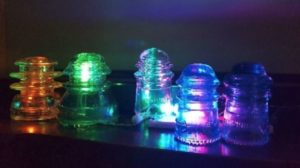
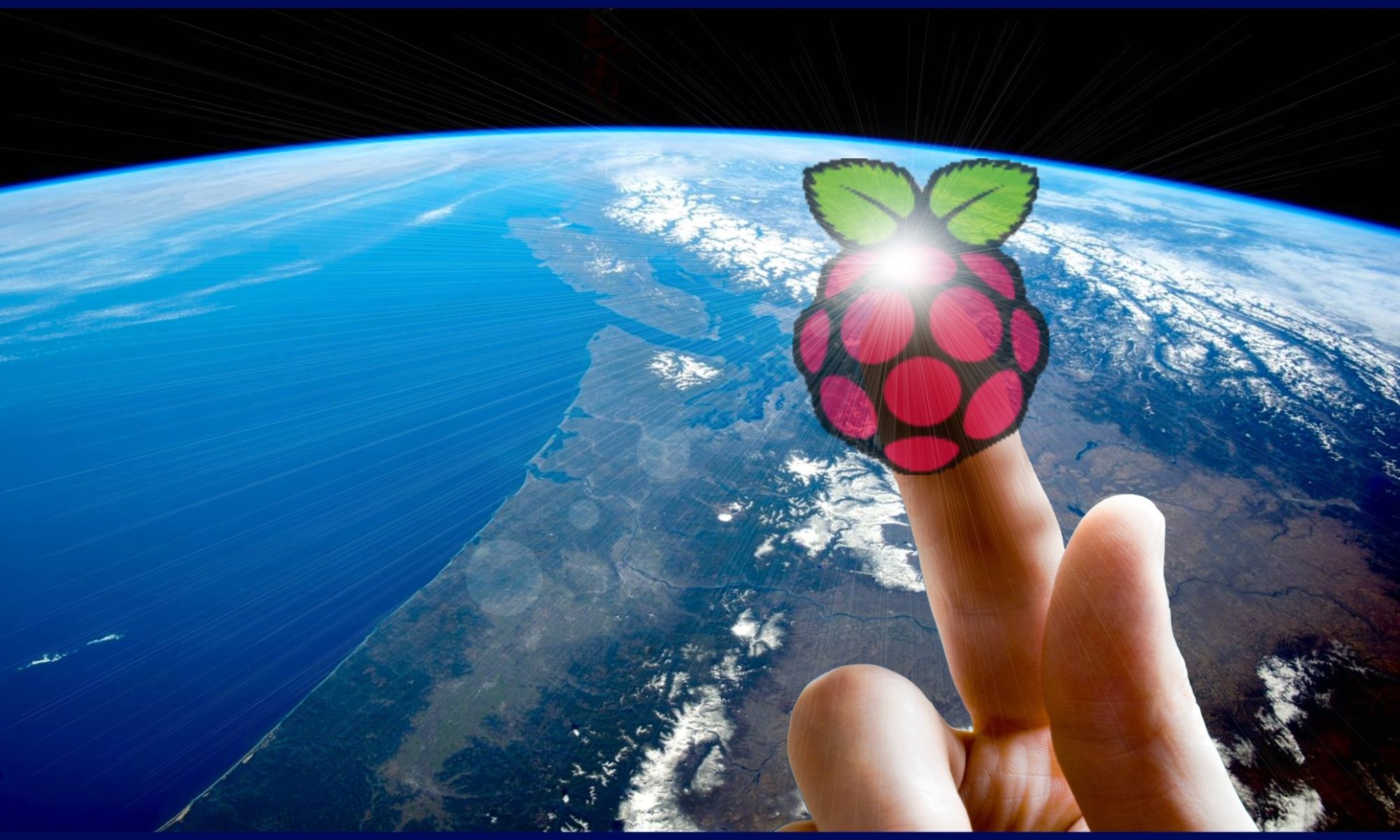
 Welcome back from Summer. At this meeting we’ll be doing a show and tell, talking about what Pi (and others) projects we worked on over the summer break
Welcome back from Summer. At this meeting we’ll be doing a show and tell, talking about what Pi (and others) projects we worked on over the summer break Victoria PiMakers and Others are on a summer break. We will meet again on Saturday, September 8th, at Q-College. The presentation(s) will be “My Summer Show & Tell.”
Victoria PiMakers and Others are on a summer break. We will meet again on Saturday, September 8th, at Q-College. The presentation(s) will be “My Summer Show & Tell.”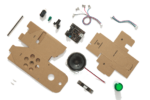 Along with everything the Google Assistant already does, you can add your own question and answer pairs. All in a handy little cardboard cube, powered by a Raspberry Pi.
Along with everything the Google Assistant already does, you can add your own question and answer pairs. All in a handy little cardboard cube, powered by a Raspberry Pi. Two views of Statistical Programming. The second in the series. R is a programming language and free software environment for statistical computing and graphics that is supported by the R Foundation
Two views of Statistical Programming. The second in the series. R is a programming language and free software environment for statistical computing and graphics that is supported by the R Foundation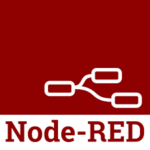 Node-RED is a programming tool for wiring together hardware devices, APIs and online services in new and interesting ways.
Node-RED is a programming tool for wiring together hardware devices, APIs and online services in new and interesting ways.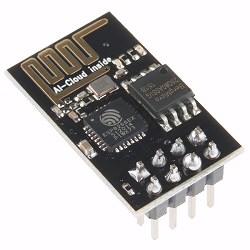 AND Mike will present MicroPython on the ESP8266. The presentation will share the Micropython breakthru that allows a $4 WiFi-enabled microprocessor to run a good portion of the Python standard library. It’s really quite amazing to have the Python REPL and filesystem built right into a microcontroller.
AND Mike will present MicroPython on the ESP8266. The presentation will share the Micropython breakthru that allows a $4 WiFi-enabled microprocessor to run a good portion of the Python standard library. It’s really quite amazing to have the Python REPL and filesystem built right into a microcontroller. The Jupyter Notebook is an open-source web application that allows you to create and share documents that contain live code, equations, visualizations and narrative text.
The Jupyter Notebook is an open-source web application that allows you to create and share documents that contain live code, equations, visualizations and narrative text.
 10:00am
10:00am Discover the advantages of Power of Ethernet (PoE)! PoE is a technology that allows one to only run one cable to a distant device, just an ethernet cable. The distant device not only receives network connectivity, but also power from the single cable. This is good for small low power devices such as ESP8266 (embedded controller) boards. Hosted by Mark G. RSVP on
Discover the advantages of Power of Ethernet (PoE)! PoE is a technology that allows one to only run one cable to a distant device, just an ethernet cable. The distant device not only receives network connectivity, but also power from the single cable. This is good for small low power devices such as ESP8266 (embedded controller) boards. Hosted by Mark G. RSVP on 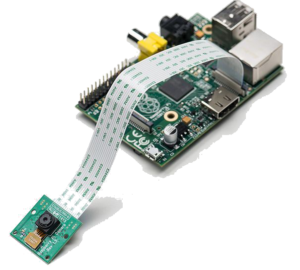 Andrew will share with us his trials and testing with IP -based Cameras, and integration with the Raspberry Pi.
Andrew will share with us his trials and testing with IP -based Cameras, and integration with the Raspberry Pi. Why have a personal webserver? Easy distribution of files.
Why have a personal webserver? Easy distribution of files. A presentation on creating a house monitoring device, with sensors, reporting via cell phone text interface. Pretty cool stuff.
A presentation on creating a house monitoring device, with sensors, reporting via cell phone text interface. Pretty cool stuff. PHP the language of the Web (well one of the languages) can connect to SQLlite on the backend, storing your dynamic content in a database. In this presentation, you will see how to make that connection, and directly populate data (into your database) from the Web.
PHP the language of the Web (well one of the languages) can connect to SQLlite on the backend, storing your dynamic content in a database. In this presentation, you will see how to make that connection, and directly populate data (into your database) from the Web.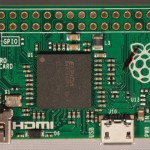 Tuesday, November 21, 2017
Tuesday, November 21, 2017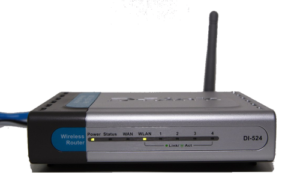 You have seen Craig carrying around routers, but he has never shown you what is inside. In this session, Craig will show you the Open Source alternative to Router Software, which supports over 1000 router models. There is a good chance your router is supported by OpenWrt/LEDE.
You have seen Craig carrying around routers, but he has never shown you what is inside. In this session, Craig will show you the Open Source alternative to Router Software, which supports over 1000 router models. There is a good chance your router is supported by OpenWrt/LEDE.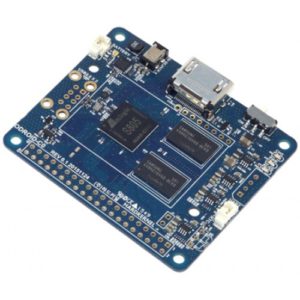 Introductiion to the ODROID, a ARM 64bit 1.5Ghz quad core single board computer!
Introductiion to the ODROID, a ARM 64bit 1.5Ghz quad core single board computer!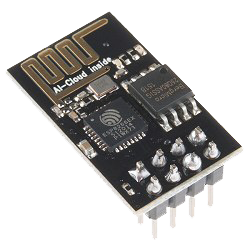 The Internet of things now can control things wirelessly. Control of things using inexpensive radio frequency switches (operating on 433 Mhz) and an ESP8266 micro controller.
The Internet of things now can control things wirelessly. Control of things using inexpensive radio frequency switches (operating on 433 Mhz) and an ESP8266 micro controller.